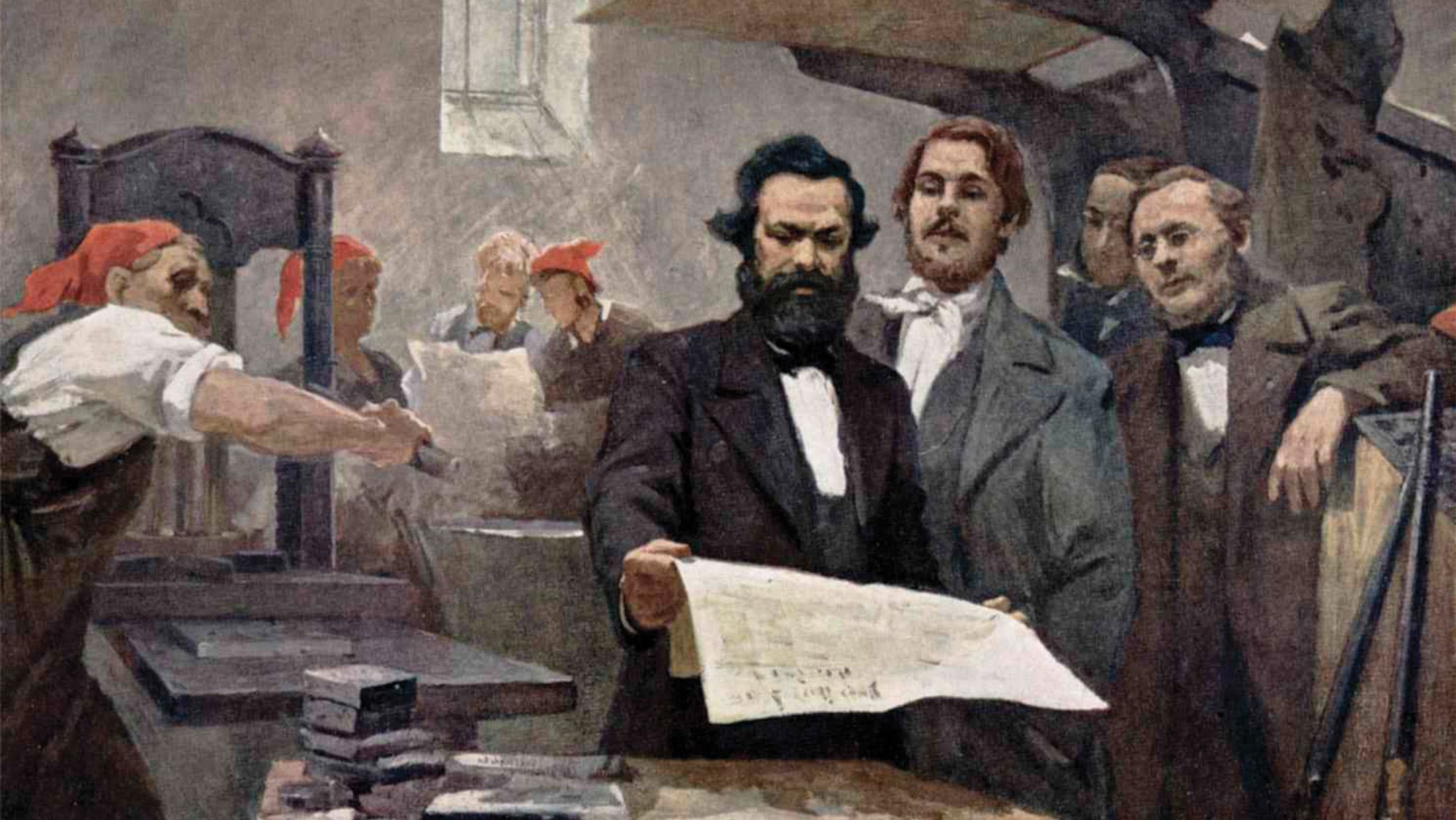
Politics
Marxism, Socialism, and Communism
6 lessons
3.5h total length
Create Your Account to Get Instant Access to “Marxism, Socialism, and Communism”
Already have an account?
Learn the ideas, history, and legacy of Marxism.
Lessons in this course

35:52
lesson 1
The Journalist: Marx
Marx made legitimate critiques of the profanity of the liberal societies he witnessed. But his communist vision denied human nature, misunderstood politics and economics, and encouraged worse profanities. In particular, Marx sought the destruction of private property, the abolition of the church and family, and accepted countless atrocities in the name of revolution.

40:00
lesson 2
The Revolutionary: Lenin
Tsarist Russia was prospering and growing, but Nicholas II was weak-willed. He allowed himself to be badgered into entering World War I and into abdicating his reign after the February Revolution. The weak provisional government was easily overthrown by the Bolsheviks in the October Revolution despite the Bolsheviks’ lack of popular support. Lenin was a thorough Marxist who introduced extreme and brutal reforms.

38:05
lesson 3
The Dictator: Stalin
Stalin was a committed Marxist-Leninist. He revealed the extreme brutality inherent to Marxism. Stalin manipulated western nations into entering World War Two and emerged as the only clear victor.

31:15
lesson 4
The Critics: Solzhenitsyn, Mises, and Hayek
Solzhenitsyn captured the brutal degradation of the human spirit inherent in communism. Mises and Hayek demonstrated the flaws in its economic principles.

35:23
lesson 5
The Acolytes: Yugoslavia and China
Stalin spread communism throughout the Soviet satellite states in Eastern Europe and Asia. Tito’s Yugoslavia seemed to be a successful example of communism until his death. Mao was a faithful Marxist-Leninist. However, the contemporary Chinese Communist Party has adopted many capitalist policies to support their communist principles.

35:49
lesson 6
The Utopians: Cultural Marxism
Cultural Marxism focuses on Marx’s social critiques rather than his economic theories. Cultural Marxists claim that social structures cause the systemic oppression of minority groups. Their critiques center on race, sex, and gender, rather than economic class. Following the 2008 financial crisis, Marx’s economic theories returned to prominence and have combined with the cultural Marxist theories to animate many American political and cultural movements.
Watch the course trailer
Enroll in "Marxism, Socialism, and Communism" by clicking the button below.
What Current Students Are Saying
Takes the student through the full context of the course subject matter. Wonderful insight into how we strayed and its consequences and offers a solution.
Create your FREE account today!
All you need to access our courses and start learning today is your email address.